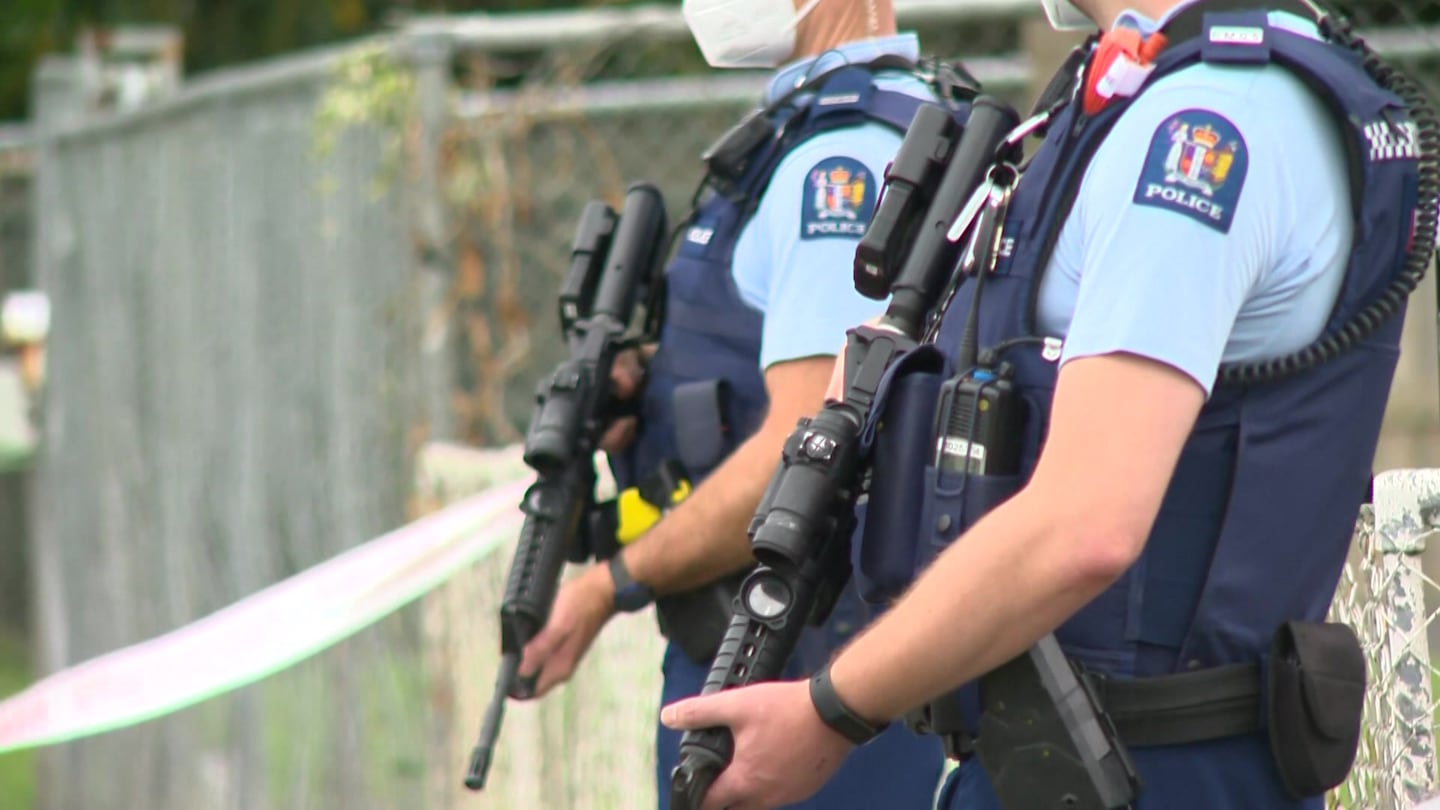Increasing gun violence has been in the news recently, especially those involving gangs and the shooting in central Auckland last month that left three dead.
But a criminologist is questioning the ethics of the news coverage. Sara Salman believes the identity of indigenous people committing acts of crime is revealed more quickly than that of non-indigenous offenders.
She says, “The most significant finding is the inconsistency of media coverage of these kinds of crimes. It seems to depend directly on the ethnicity of the perpetrator.”
The identity of the (Australian) gunman in the Christchurch terrorist attacks in 2019 was used seldom by New Zealand Media until the trial but, the identity of the Tongan gunman in the Auckland CBD shootings became known on the same day. Salman says that is unfair.
“I do think it is very dangerous, the liberal use of images and names in media stories, and I do think it is very dangerous the way these stories are used as a way to present people as a problem people.
Media told to roll back emotion
“So these stories come out, people are like, ‘Oh is that what all Māori are like, and is that what all Pacific people are like.’ And that is very dangerous for the communities that are impacted by this because these are communities that have to deal with that racism in everyday life.”
Research has shown 40% of the men who commit violent crimes are Māori. Salman says their portrayal by the media may dictate public perception of an entire ethnic culture.
“I don’t think it’s very ethical at all. The media doesn’t necessarily control how we feel about crime. What we know is the media affects how we perceive crime. It shapes how we understand crime. And for me this is very harmful because of the way the media chooses to cover crime. It’s not just informing us how a crime is happening it’s not just informing us about crime statistics, it’s telling us a story.”
And Salman also challenges the media industry, to use a consistent basis on how these stories are told, with one rule that applies to all.
“Roll back the emotion, stick to the facts, discuss with experts and be consistent. If your goal is to not give somebody notoriety, perhaps that’s a goal that needs to be applied to all crimes and all perpetrators, rather than being motivated by the ethnic identity of the perpetrator.”



